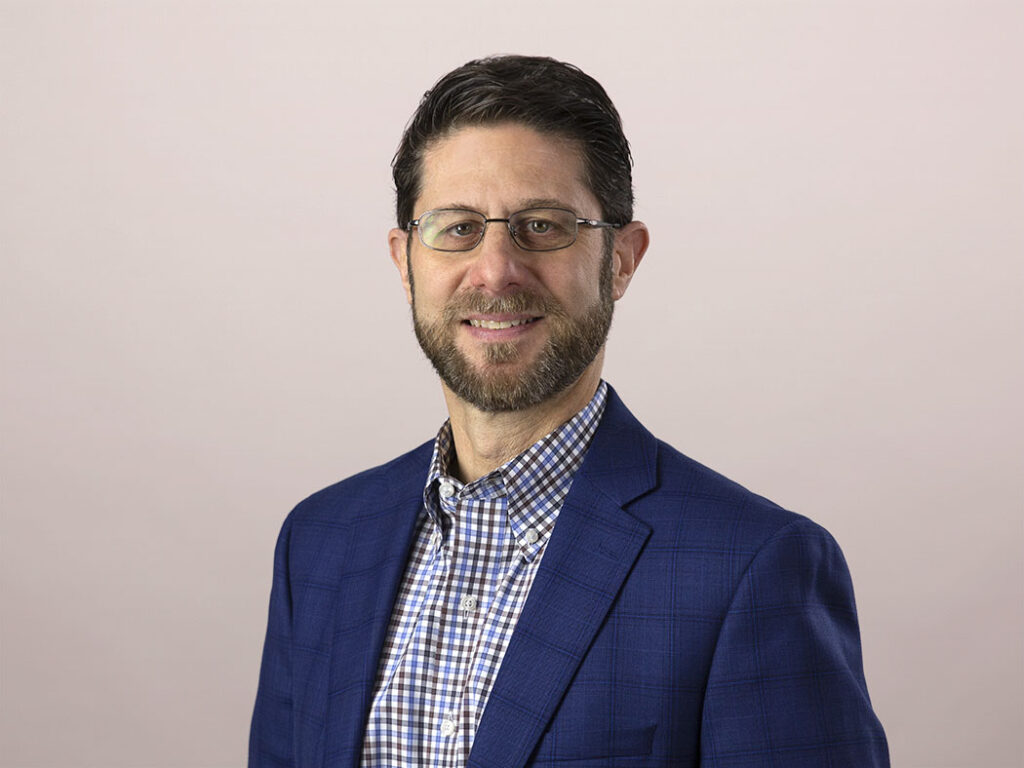Awesome Sales Enablement Customer Quotes: The Sequel
Some time ago, I published a blog highlighting Three Customer Quotes About Sales Enablement That Are “Full Send” and have continued curating such pearls of externally sourced wisdom. With the Forrester research team currently in intense planning mode for our upcoming B2B Summit North America, let’s examine some more recent notable statements, which are particularly well suited to some highlighted Summit sessions. Apologies in advance for mangling or adapting these great lines from their original owners.
“Can you speak to me for 30 seconds or 2 minutes without talking about yourself, your company, or your products, and keep my attention?”
Spot on, right? Does a day go by without multiple incoming spam messages that ignore this sage advice? This quote touches on so many sales enablement topics, but also on larger discussions. When does WIIFM lead to failure? When does the ability to leverage our eyes and ears, rather than that one (often loud) mouth, benefit our customers more than just hitting them over the head with our value proposition?
In our opening keynote on Monday morning, the first day of B2B Summit, Meta Karagianni and I will try to TED-Talk some takeaways around “Loosening The Status Quo And Overcoming Inertia: Four Hacks To Become An Effective Change Catalyst” that speak to how seldom we adhere to the spirit of this quote. (Check out the video above for a preview.)
“There are only two types of sales turnover: intentional and regrettable.”
I love this statement, because there are still too many B2B sales leaders like those I experienced earlier in my career: relics who think of sellers not as people, but as coin-operated deal managers, interchangeable with the next rep and the next as soon as they miss quota for a limited period of time. These CSOs haven’t evolved along with most of their organizational leadership peers in recognizing what our research shows: that high-performing B2B sellers are twice as engaged as employees than are low performers. Managing modern reps requires an awareness of cultural issues such as wellness; diversity, equity, and inclusion; and the table-stakes requirement around supporting professional development among individual contributors and future leaders alike.
Regarding the quote above, we’ve long known that top sales organizations do not have lower turnover rates than average. They’re particularly adept at identifying when to cut bait, but simultaneously they’re highly skilled at avoiding regrettable sales turnover. Nancy Maluso and I will dig deeper into this growth killer in “Culture, Coaching, And Compensation: How High-Performing Sales Organizations Motivate Twenty-First-Century Sellers,” on Monday afternoon.
“Our sales content project created a great repository … for the people who are producing the content.”
My teammates and I long ago lost count of how many sales asset management initiatives are born, executed, and ultimately fade into obscurity among organizations that conveniently forgot that empowering great sales and salespeople are the only goals of enablement. Buying software or launching new taxonomy projects are relatable, tidy projects — with concrete beginnings and endings — that grow lives of their own and end with “Look how many seats we purchased!” or “Check out all the new tags and folders we’ve built!” Wrong.
The majority of marketing-produced content never, unfortunately, finds its way to sellers. Reps spend nearly 12 hours per month searching and customizing assets — which means, not doing their day jobs — because of asset producers who still shamefully focus on quantity rather than quality of sales content deployment. Hallmarks of these fleeting initiatives include not obtaining the voice of the (internal) customer, emphasizing platform over people and process, and measuring enablement success by speed and adoption metrics rather than by customer and seller outcomes. We’ve got two relevant Summit sessions on Tuesday: Jennifer Bullock and Barry Vasudevan showcasing “‘Sales Won’t Use My Playbook!’ — Let’s Discuss Why” and my “Buyers And Sellers And Assets, Oh My! How To Navigate Your Very Own B2B Content Yellow Brick Road.” Ruby slippers are optional.
I hope you’ll join us at this year’s B2B Summit North America, in-person in Austin, Texas or online. Forrester is once again taking the lead with the future of business conferences — going “full send” on the hybrid model — and we look forward to seeing old and new friends in May.
P.S. The original blog highlighted the wonderful customer quote, “Certification: Everyone hates it, but no one regrets it.” Check out “Who Cares About Sales Certifications? Here’s Why YOU Should,” on Wednesday, featuring Eric Zines and Katy Tynan.
